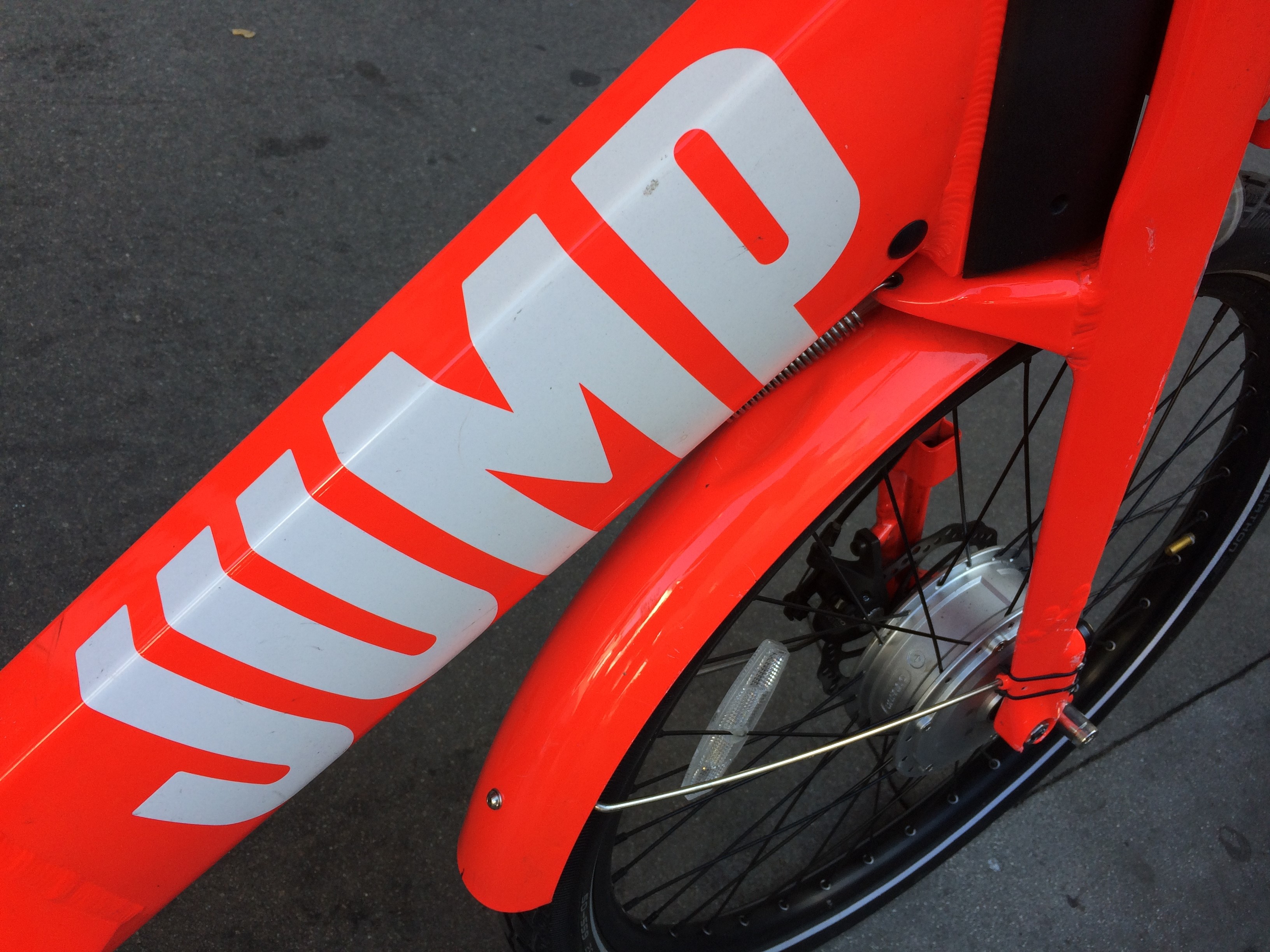
The American Civil Liberties Union (ACLU) has launched legal action against the city of Los Angeles' collection of data from micromobility riders.
Los Angeles Department of Transportation (LADoT)'s software tool, the Mobility Data Specification (MDS), uses GPS data to automatically track the precise movement of every scooter rider.
The lawsuit argues that this infringes the US constitution's fourth amendment and the California Electronic Communications Privacy Act (Calecpa) - and seeks an injunction to end all collection, storage or maintenance of precise location data acquired through MDS.
ACLU's statement explains: "In order to get permits to operate in the city, the electric scooter and bike rental companies had to agree to use MDS on all their vehicles and give LADoT access to their GPS coordinates."
While this data does not include riders' identity, ACLU argues that it would be possible to work this out in certain circumstances - and points out that "this kind of detailed information can ultimately be lost, shared, stolen, or subpoenaed".
"If in the wrong hands, it can also result in arrest, domestic abuse, and stalking... In other cases, location information in the hands of authorities can stoke racial and gender-based violence."
“The government’s appropriate impulse to regulate city streets and ensure affordable, accessible transportation for all should not mean that individual vehicle riders’ every move is tracked and stored without their knowledge,” said Mohammad Tajsar, senior staff attorney at the ACLU SoCal.
“There are better ways to keep ride-share companies in check than to violate the constitutional rights of ordinary Angelenos who ride their vehicles.”
Earlier this year, Uber filed a lawsuit against LADoT to contest what it calls the unlawful implementation of the MDS, affecting its Jump riders.
Since then, Uber has sold its US bike-share business Jump to Lime.
Electronic Frontier Foundation (EFF) and law firm Greenberg Glusker Fields Claman & Machtinger have joined ACLU in the new action.
“Route data can reveal detailed, sensitive, and private information about riders,” said EFF staff attorney Hannah Zhao.
“This is galling and improper, especially at a time when protests are erupting around the country and privacy protections for those exercising their free speech rights on the streets has taken on new importance.”












